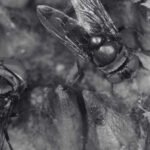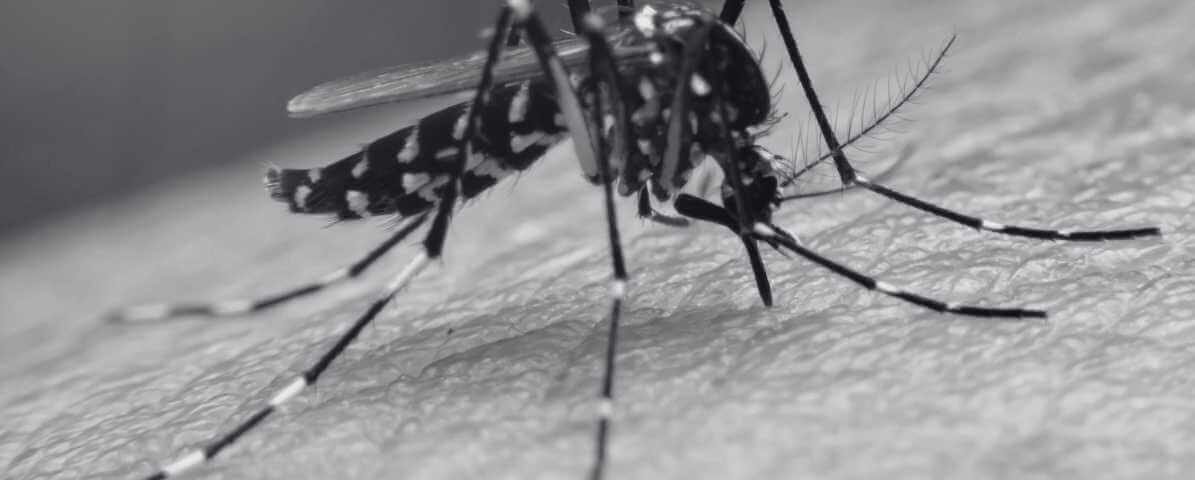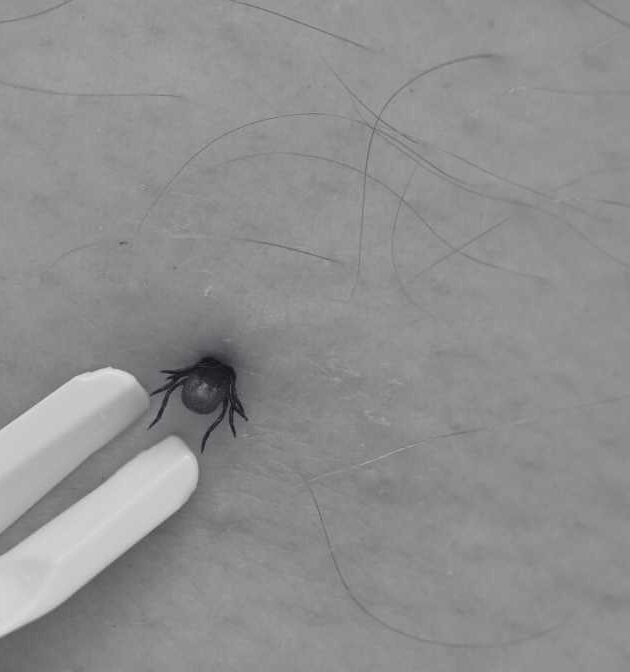
6 Dangerous Types of Diseases Rats and Mice Spread
July 18, 2024
Diseases Spread by Drain Flies That You Need to Know
July 29, 2024
Mosquitoes Blog
Let us contribute to do our part to break the dengue mosquito cycle. By removing standing water, we will prevent them access to their breeding habitat.
Urgent Need for Vigilance in Malaysia
Dengue Mosquito Cases (Nyamuk Aedes) Increase by 65%
In 2024, Malaysia faces an alarming surge in dengue fever cases, primarily driven by the proliferation of nyamuk aedes. This significant increase highlights the growing threat posed by dengue vectors, particularly the aedes aegypti mosquito. Emphasises the critical need for effective control and preventive measures. The first five weeks of 2024 reports shows 18,247 confirm cases of dengue infection, marking a staggering 65.6% rise compare to last year.
Tragically, dengue-related complications caused the loss of nine lives, including six deaths in 2023. This trend raises red flags across numerous regions, especially in urban areas like Kuala Lumpur, Johor Bahru and Penang. Areas are now segment as red zones with high dengue activity needing urgent intervention. Understanding the dynamics of their breeding habits and susceptibility to control measures can help combat this dangerous trend effectively.
The Aedes Aegypti Mosquito, A Key Dengue Vector
The Growing Threat of The Dengue Mosquito And Dengue Transmission
The aedes aegypti mosquito is a main carrier of dengue. It spreads the four viruses that cause dengue fever or demam denggi. This female mosquito becomes infected with dengue after feeding on a person already infected with the disease. Subsequently, the aedes mosquitoes can transmit the virus to healthy individuals during blood meals.
Often within urban and semi-urban environments where stagnant water provides ideal breeding sites. Aedes albopictus, another member of aedes species, transmitting dengue and zika virus, commonly associate with outdoor and rural infections. Both mosquitoes feeding during daytime, highlighting the importance of protective measures like mosquito nets and repellent to prevent bites.
The Increasing Number of Dengue Cases in Malaysia
To Prevent Dengue Mosquito Bite, First We Exclude Their Breeding Spots
The rise in reported cases underscores the persistent challenge posed by dengue vectors. As of the latest data, the nine deaths reflect the severity of this outbreak. Cities most affected include Kuala Lumpur and Johor Bahru, which are vast urban centers with significant mosquito breeding sites. Because of the improper waste disposal, stagnant water in tires, flower pots and uncovered water containers.
Economic factors and climate patterns such as increased rainfall contribute to the proliferation of mosquitoes. The mosquito aedes aegypti lays eggs in containers holding standing water. Which hatch and develop into flying infected mosquitoes capable of spreading dengue viruses.



Severe Symptoms of Dengue Mosquito Virus Requires Immediate Medical Attention
Recognising the Symptoms of Dengue Fever
Early diagnosis is vital to managing dengue infection effectively. In severe cases, dengue hemorrhagic fever or dengue shock syndrome may develop, requiring immediate medical attention. Recognising these signs promptly can significantly improve outcomes. The symptoms of dengue fever typically appear 4 to 10 days after infection and include:
High fever and Fatigue
Severe headache and Skin rash
Pain behind the eyes
Muscle and joint pain
Nausea and vomiting
Mild bleeding (nose or gum)
How to Protect Your Property From Dengue Mosquitos?
Aedes species of Mosquitoes can breed in clean, still water that is as little in volume as the size of a 20-cent coin.
No Anti-Viral Treatment For Dengue
Dengue Mosquito Virus Treatments and Vaccination Options
Recently, the Qdenga dengue vaccine has become available in Malaysia, offering hope for long-term protection. This vaccine provides immunity against multiple dengue viruses, but its availability and pricing have raised concerns among the public. While vaccination can drastically reduce the severity of infection, it is essential to complement it with personal protective measures.
Currently, there is no specific antiviral treatment for dengue. Management focuses on supportive care, such as:
Adequate hydration
Rest
Paracetamol to reduce fever and pain
Monitoring for signs of severe dengue
The Role of Community and Government in Dengue Prevention
Wolbachia Mosquito Species Carrying Wolbachia Bacteria Project
Controlling dengue cannot rely solely on personal efforts, active participation from local authorities and community groups is vital. Surveillance programs, fogging and control and larviciding initiatives are essential to reduce dengue vectors in hotspots. Public health campaigns raising awareness about the lifecycle of aedes mosquitoes, proper waste disposal and early symptom recognition. This continuous efforts can greatly aid in curbing outbreaks.
In addition, innovative methods such as releasing infected mosquitoes carrying Wolbachia bacteria are being explore. A project to suppress mosquito populations and reduce the transmission of dengue viruses. These biological controls, combined with traditional vector control strategies, offer promising avenues for sustainable management of the disease.
Female Mosquito Aedes Requires Blood Meal to Produce Mosquito Eggs
Protecting Yourself Against Dengue Mosquitoes
Prevention remains the cornerstone of dengue control and transmission reduction. Here are effective actions individuals and communities can take:



Eliminate mosquito breeding sites: Regularly empty, cover or treat containers that collect water.
Use mosquito nets and insect repellent containing DEET, picaridin or IR3535, especially during peak mosquito activity times.
Wear long-sleeved clothing to minimise skin exposure.



Install window and door screens to prevent infected mosquitoes from entering homes.
Community cleanup campaigns to remove trash and standing water from drains, abandoned tires, and unused equipment.
Proper waste management to reduce potential breeding habitats.
The New Qdenga Dengue Vaccine
Hope and Challenges Battling Dengue Mosquito
The introduction of the Qdenga dengue vaccine et al represents a significant advancement in the fight against dengue. It offers protection against all four dengue viruses, making it a versatile tool for prevention. However, questions regarding its pricing and accessibility in Malaysia remain. While the vaccine is available through certain healthcare providers, concerns about affordability may hinder widespread immunisation efforts, especially in low-income communities.
Experts recommend that vaccination be part of an integrated approach that includes control and community engagement. The vaccine's benefits should be brief clearly to encourage uptake, protect vulnerable populations. Ultimately reducing the severity and frequency of dengue infections.
The Urgent Need for Action in 2025
Hope and Challenges Battling Dengue Mosquito
The rising number of nyamuk aedes cases and the persistence of dengue mosquitoes. As primary dengue vectors underscore the importance of immediate and sustained action. If trend continues, Malaysia risks a more severe and prolonged dengue epidemic.
Residents should remain vigilant by eliminating mosquito breeding grounds, protecting themselves with insect repellent, and supporting community-led initiatives. Government agencies need to enhance control and surveillance programs, promote vaccination, and invest in innovative vector management techniques.
Professional Mosquito Control Services
Innovative Pest Blog Summary
The sharp increase in dengue mosquito cases serves as a stark reminder that the threat of dengue viruses is ever-present. Combating infected mosquitoes and preventing dengue infection requires collective effort. Awareness of the symptoms of dengue fever, prompt medical attention, and unwavering commitment to control and prevention strategies. These are key to saving lives and reducing the burden of this disease.
Why Clients Choose Us
✔ Years of Experience in Malaysia & Singapore
Our dual-market presence strengthens our capabilities and enhances our understanding of pest patterns across climates.
✔ Proven Results Across a Wide Range of Cases
From minor infestations to complex structural infestations, our case studies showcase our technical accuracy and problem-solving skills.
✔ Eco Friendly Commitment
We prioritise materials and treatments that reduce environmental impact while maintaining maximum effectiveness.
✔ Professional Guidance on Pest Identification
Our specialists guide customers on identifying early warning signs. Especially for termites, bed bugs and rodents, ensuring quick and accurate response.
✔ Clear Communication and Honest Reporting
Every treatment comes with documentation, service reports and preventive recommendations.
✔ Long-Term Protection Strategies
Our focus is not only to fix pest issues today, but to protect your space for the future.




